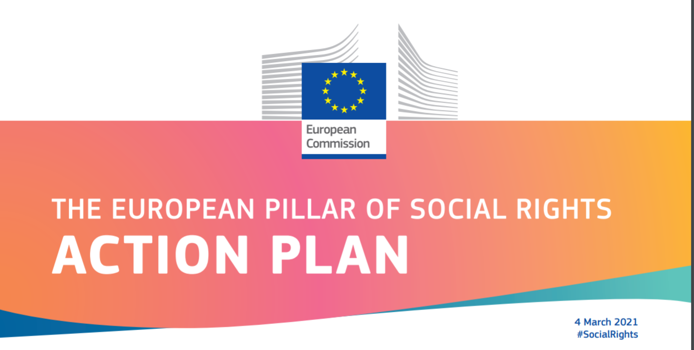Media statement for International Day of Families 2025
Can the Action Plan for the implementation of the European Pillar of Social Rights deliver tangible results for Europe’s families?
Time for a dedicated European flagship on family support
#InternationalDayofFamilies #Familyday #InternationalFamilyDay
To mark the United Nations International Day of Families on the 15th May, we are pleased to share rich insights into the policy reforms necessary to better promote family resilience across European countries. This includes a set of 15 policy principles developed by the rEUsilience project, to act as a roadmap for policymakers when striving to better support families.
Across the board, the research highlights two issues from the perspective of how these policies view and support families’ needs. The first consists of gaps, rigidity or narrowness regarding how well policy aligns with the general nature of family life, which the rEUsilience project has continually emphasised as involving transitions such as between paid work and care, a normal facet of family life. A second issue is that policies do not go far enough to recognise the constraints faced by low-resourced families, especially those confronted with situations of low income, illness or disability on the part of a child or children and parenting alone.
The 15 policy principles orientate themselves to three overarching policy goals, namely:
1. Better income support for families with children (with a particular concern for low resourced families),
2. Closing the childcare gap (arising following the birth of a child, when well-paid parental leave has been exhausted, but access to state-supported full-time ECEC is not yet available), and
3. Putting in place comprehensive family support services.
Taken together, they address issues of coverage (the need to endorse a universal approach to policy), adequacy (in terms of amount and sufficiency of social benefits, parenting related leaves), inclusion (acknowledging that some families and situations require additional support), and gaps in and between policies. They provide an excellent framework for future action under the European Pillar of Social Rights in managing the different aspects of policy that affect families, and serve as framework to gather all relevant stakeholders around a new European stream of action on family support.
//ENDS
Notes to the editor:
1.European Pillar of Social Rights 20 principles also in Easy-to-read version here.
2.rEUsilience video explainer emphasising the core message of putting families at the centre of social policy development
3.rEUsilience research on ‘Policy Priorities for Family Resilience’
4.rEUsilience (Risks, Resources and Inequalities: Increasing Resilience in European Families) is a three-year European research project funded by the European Union’s Horizon Europe research and innovation programme and Innovate UK, the UK’s Innovation Agency. The project aims to understand how different families respond when they are faced with socio-economic shocks and major decisions regarding managing family life and securing a decent income. The consortium partners are Stockholm University, the University of Oxford, the Autonomous University of Barcelona, KU Leuven, the University of Warsaw, the University of Zagreb, and COFACE Families Europe.





